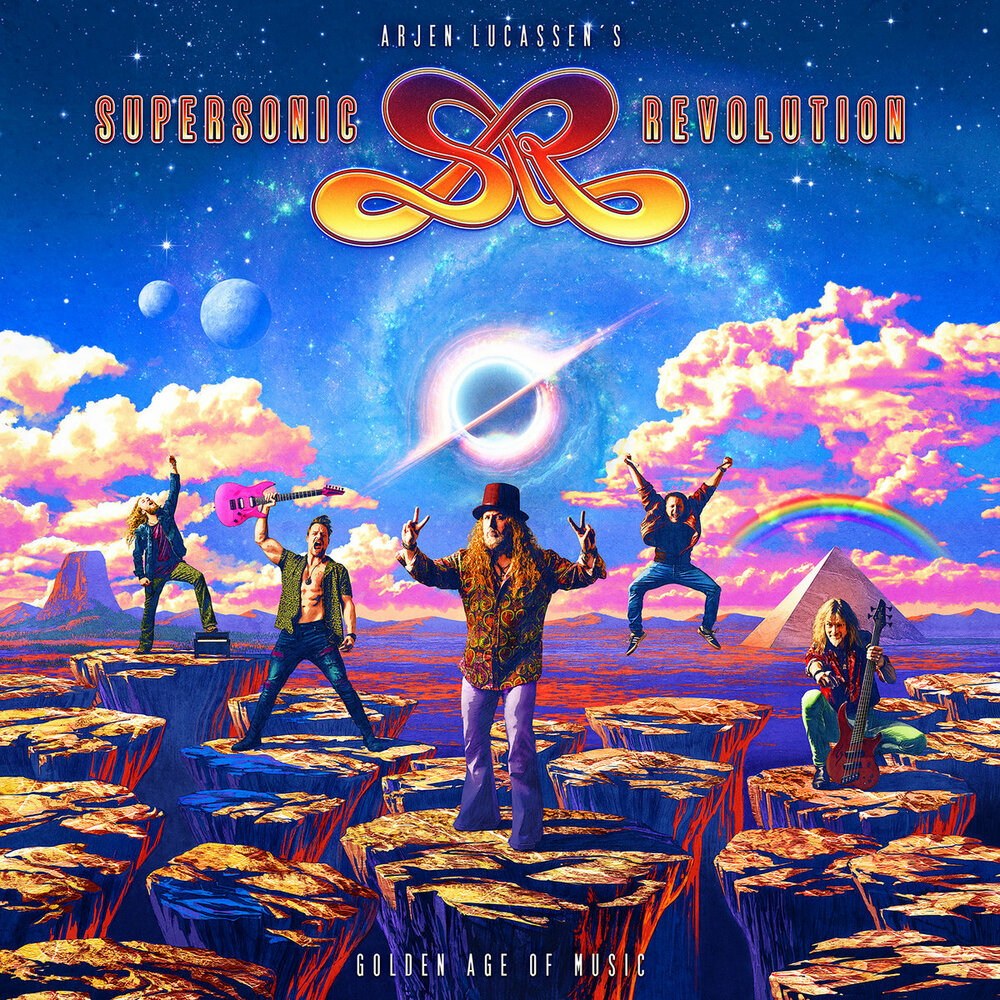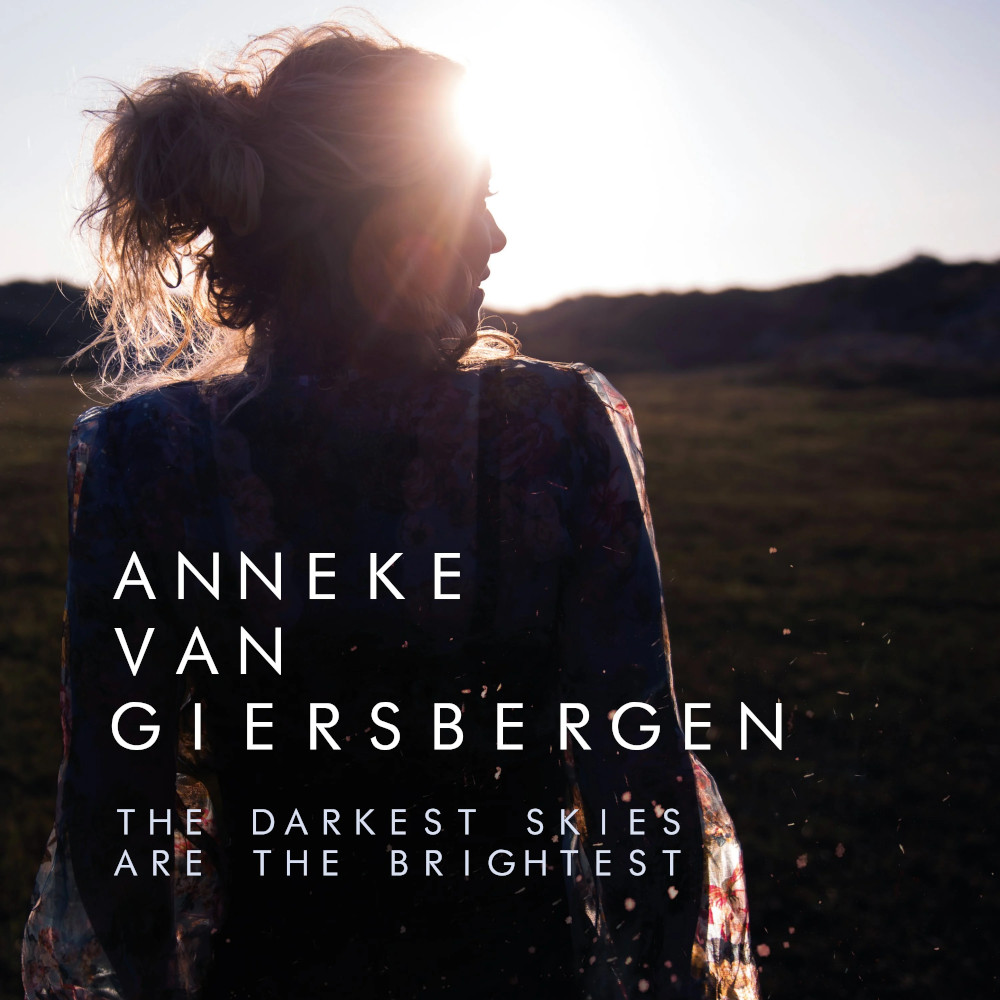 |
Country: The Netherlands
Style: Black/Death Metal
Rating: 7/10
Release Date: 6 Sep 2024
Sites: Bandcamp | Facebook | Instagram | Metal Archives | Twitter | Wikipedia
I didn't dislike God Dethroned's eleventh album, 2020's Illuminati, but it didn't have many edges to it. I called it "extreme metal that you can take home for tea with your mother". This twelfth starts out in the same vein, The Judas Paradox slow and patient with easily intelligible lyrics and nothing particularly extreme, but Rat Kingdom ramps up the tempo and adds some of those edges. I really like its stop and start mindset that gives it some serious punch and the blackened flavour that has been missing so often lately is very much there. It's still my favourite song on the album, but there are some other surprises in store that elevate it a little over its predecessor.
My biggest problem with The Judas Paradox is how slow most of it is. There's no requirement for a death metal album to be fast; just go back and listen to some of the groundbreaking albums from back in the day; there's a lot of ground in between, say, the debut Autopsy and the debut Cannibal Corpse. There's no requirement for a black metal album to be fast either, given how many genres it's cohabiting with nowadays. However, we do tend to expect black/death to be fast and this often isn't, starting with that very patient opener.
Rat Kingdom changes that, bringing in blastbeats, barrelling riffs and frantic melodies. There are points where it doesn't feel particularly extreme, but plenty where it does. The Hanged Man sits somewhere in between the two, returning us to lyrics about Judas but with fast drums behind the slower, melodic riffing. Black Heart is more elegant, ditching the edges but keeping the drums, in a song that starts out as full doom with chiming bells and atmosphere. And so it goes, songs often heavy metal as much as anything more extreme, however harsh those intelligible vocals happen to be, but speeding up again every time we notice.
It's fair to say that I wanted a lot more of this album to be fast and, when it was fast, to be faster. I ended up listening far more than I expected to, because of a crazy week, and I found that I became very comfortable with it. And that's a real double edged sword when it comes to extreme metal, a return to that "extreme metal that you can take home for tea with your mother" quandary. From one side, comfortable means that they're doing something that's easy to get to know and become friends with. I made friends with this album after a couple of times through.
However, comfortable also means that it's inherently not that extreme. Every time I get to Hubris Anorexia seven tracks in, which blisters right out of the gate, I feel shocked, as if a nun just farted. Broken Bloodlines opens in a similar way three tracks later, with a real punch, even if that becomes quickly defused by what's layered over it. Even when it gets extreme for a moment, that moment passes soon enough, whether replaced or defused.
Getting to know an album like an old friend, though, means that the details pop. The Hanged Man elevates because of the guitar solo in the middle. Kashmir Princess elevates because of the section deep into its second half that drifts unexpectedly into psychedelic rock. I wasn't expecting that just as I wasn't expecting the drop to mellow midway through Hubris Anorexia. Hailing Death elevates because of how catchy it is, even though the riffs and hooks aren't particular complex. There are a few subtleties in apparent down moments too that are more complex and just as enjoyable.
And so God Dethroned seem determined to make their hybrid of black and death metal just about as accessible as they can get without losing the tag of extreme metal. Like its predecessor, it's the epitome of unoffensive, a cute puppy of an extreme metal album that may end up serving best as a gateway into extremity. There are eleven tracks here, some of which aren't extreme at all and a few of which go there at points. However, the vocals are always intelligible, even though they stay harsh throughout, and every aspect of the music is fundamentally built on melody.
Maybe you can test this out on an unwary nibling who's open for a new musical experience. If they turn out to be good with The Judas Paradox, try Hailing Death on them. If they're good with that too, then move up to Broken Bloodlines. If they're good with all eleven, up to and including Hubris Anorexia, then they're ready to move up a grade and you have a real exploration to plan.


















